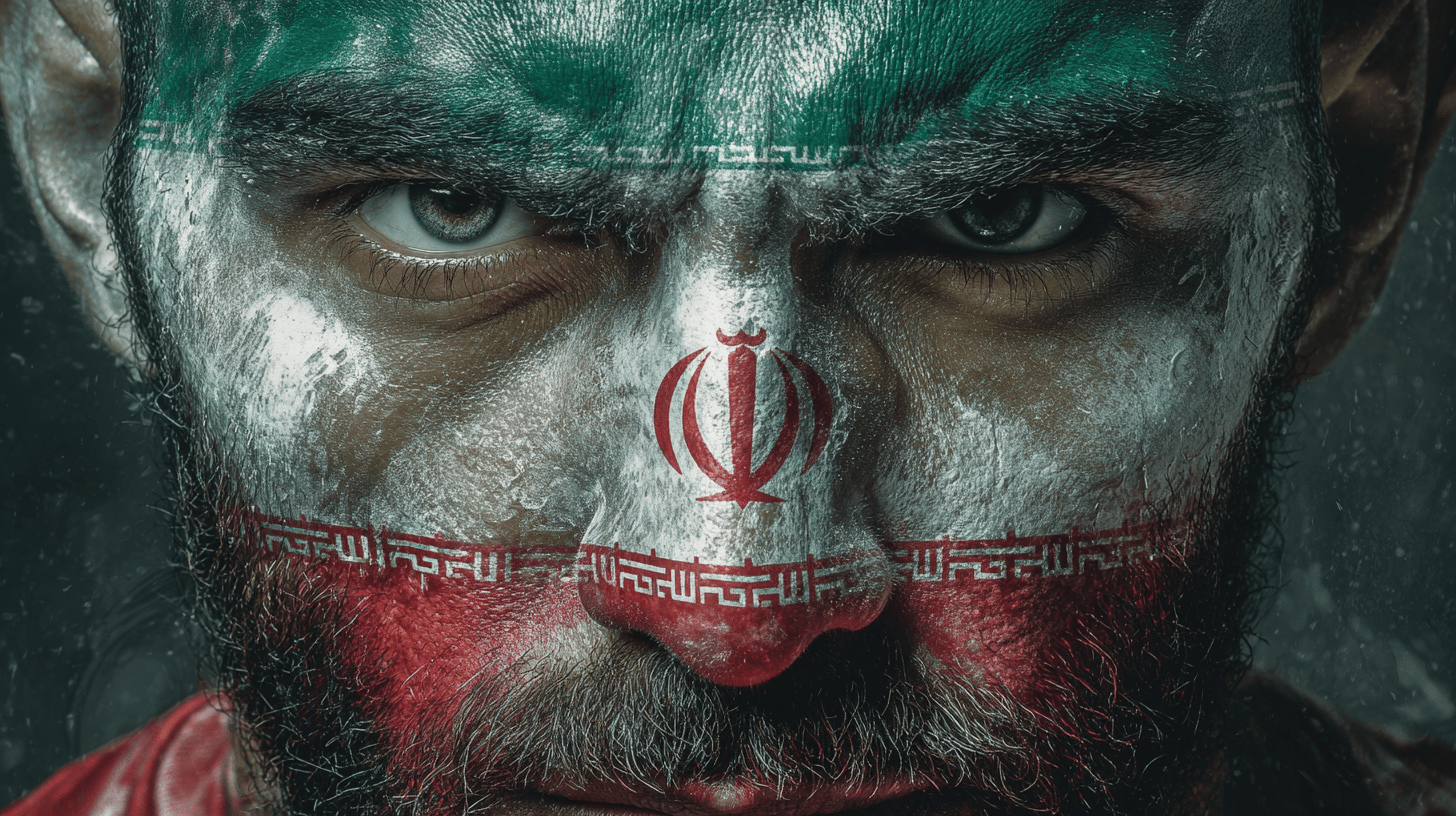Iran 2026 World Cup Ban Explained: Key Questions Answered
Explore why Iran could face a ban from the 2026 FIFA World Cup. Get answers to key questions, eligibility concerns, and what it means for the tournament.

Could Iran Be Banned from the 2026 World Cup? Every Key Question Answered
Why Is Iran's Participation in the 2026 World Cup in Question?
Iran’s potential ban from the 2026 FIFA World Cup has stirred significant international discussion. The controversy stems from political concerns, including the country's domestic policies and alleged violations of international obligations. Pressure from human rights organizations and political leaders has prompted FIFA to evaluate Iran’s eligibility for the upcoming tournament.
What Are the Grounds for Potential Suspension?
There are several key reasons Iran might face a ban from international football events like the World Cup:
- Human rights violations — Numerous reports have cited state-led repression, particularly focused on the treatment of women and political protesters.
- Discrimination in sport — The banning of women from stadiums and unequal rights in sports participation violate FIFA’s inclusion principles.
- Political interference — FIFA strictly prohibits government interference in football federations under Article 14 of its statutes.
How Has FIFA Responded So Far?
As of now, FIFA has not issued an official suspension of Iran’s national team. However, the governing body has acknowledged international concerns and indicated that discussions are ongoing. FIFA previously sanctioned nations like Russia over political matters, setting a precedent that could influence Iran’s case.
What Would a Ban Mean for the Iran National Team?
If imposed, a ban would prevent Iran from participating in the 2026 FIFA World Cup qualifiers and other official competitions. This would mark a significant setback, especially since Iran has qualified for the past three tournaments and possesses a world-class talent pool.
Potential Impact on Global Football
- A vacancy in the Asian qualifiers that could be filled by another AFC nation.
- Increased political tension within the football community.
- Broader implications for nations with comparable human rights issues.
What Happens Next?
FIFA is expected to monitor the situation closely and may conduct further investigations. Any final decision would be heavily influenced by developments inside Iran and international diplomatic pressure. A definitive ruling could emerge as the qualifying rounds approach.
Conclusion
While Iran remains officially eligible for the 2026 FIFA World Cup, ongoing political and humanitarian concerns place their participation in serious doubt. As debates continue, football fans, human rights advocates, and international bodies will be watching FIFA’s next moves closely.
